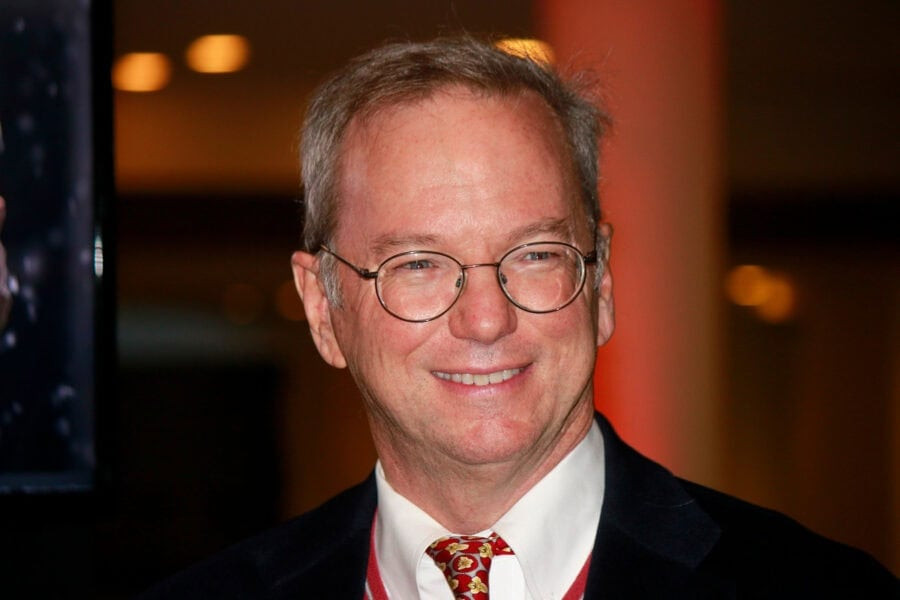Former Google CEO Eric Schmidt has secretly launched a new artificial intelligence startup called Hooglee, which intends to change the market of AI video generation and social media, Forbes reports. The project, which Schmidt has been working on for the past year, aims to "democratize video creation with AI" and, according to sources familiar with the initiative, has already been unofficially named a potential competitor to TikTok.
Schmidt's family office, Hillspire, finances the startup and provides it with office space. Hooglee 's official website is limited to a single landing page and does not mention Schmidt or his team. At the same time, the site states that Hooglee's mission is to "create innovative solutions that bring people together, simplify communication, and increase engagement."
Hooglee is headed by Schmidt's longtime partner Sebastian Thrun, who previously co-founded Google's X division and autonomous car company Waymo. Thrun also ran Schmidt's secretive military startup Project Eagle.
Former Meta researchers and AI experts joined the Hooglee team, including Bichen Wu, who previously founded a startup that developed text-based video generators. According to business documents, Wu and his team joined forces with Hooglee in October last year.
According to sources, Hooglee's product will be a hybrid of AI video creation software and a social network. Although specific details remain unknown, some of Schmidt's employees call the startup an alternative to TikTok. However, it remains unclear how exactly Hooglee plans to compete with one of the most popular social platforms in the world.
Hooglee was the first AI project that Schmidt personally incubated after investing in a number of AI companies such as Anthropic and SandboxAQ. Schmidt, who is estimated to be worth over $26 billion, has also funded the OpenAI grant program and the nonprofit FutureHouse, which is dedicated to AI research.
Although Hooglee's product is still a mystery, the company has filed trademark applications stating that the startup will create AI video generation software and a social media platform.
Schmidt has repeatedly expressed his interest in competing with TikTok. During a lecture at Stanford University last year, he even suggested that students create a copy of TikTok using large language models (LLMs). "Tell your LLM: make me a copy of TikTok, copy all the users, music, and preferences, run the app, and if it doesn't go viral in an hour, try something else," Schmidt joked at the time.
Hooglee is entering a market where a number of players already exist, including Runway, OpenAI, and ByteDance (TikTok's parent company). Last year, ByteDance launched an AI video generation app in China called Jimeng AI, and Meta, Google, and Adobe have recently introduced their AI video creation tools.
Despite his enthusiasm for the potential of artificial intelligence, Schmidt has also warned about the risks of the technology, including the threat of dipshits. "When I was running YouTube, I learned an important lesson - no one cares about what is written in the text, but the video can cause violence," he said during a roundtable discussion in March.
Schmidt suggested the use of watermarks and AI content detection systems to combat dipfakes. However, it is currently unknown whether Hooglee plans to implement such security measures on its platform.
Hooglee's launch coincides with Schmidt becoming an increasingly influential figure in Silicon Valley and Washington, D.C., especially in shaping artificial intelligence policy. His ties to political leaders, including newly elected US President Donald Trump, have attracted the attention of analysts. There are expectations that Hooglee could be part of Schmidt's broader vision for AI communication tools, which he believes will fundamentally change industries.

